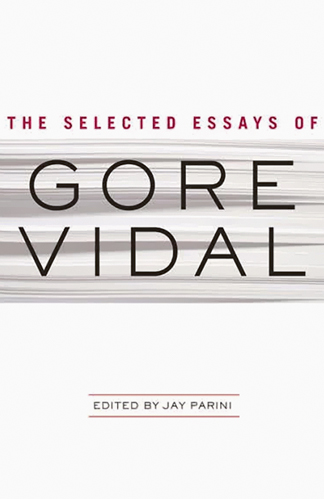Rocking The Boat
The Selected Essays Of Gore Vidal


Gore Vidal
Latest Article|September 3, 2020|Free
::Making Grown Men Cry Since 1992


Gore Vidal


